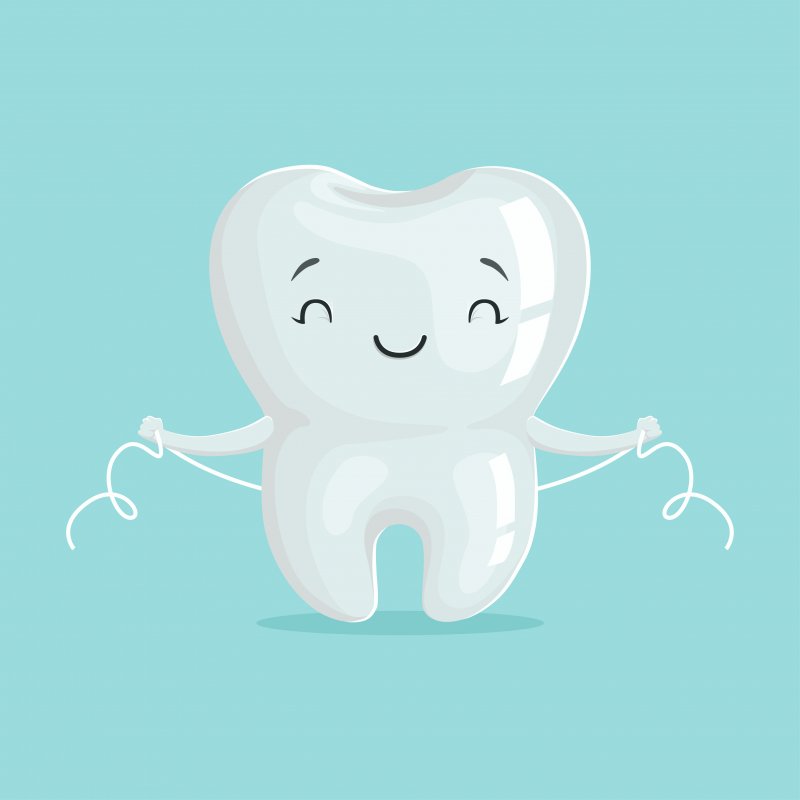
The tooth enamel is the strongest substance in the entire body. However, it isn’t completely indestructible. Teeth can become damaged in many different ways. Fortunately, if you have a tooth that is severely decayed, broken, cracked, or otherwise damaged, you don’t necessarily have to say goodbye to it. A dental crown is placed over a damaged tooth to build it up and protect it from additional harm. This can help your tooth to last for many decades into the future. Here’s what you can expect as you recover from your dental crown procedure.
Mouth Numbness
Before your procedure begins, your dentist will numb the area will a local anesthetic. This will make it so you don’t feel any discomfort as they work on reshaping your tooth. However, this numbness will linger for a while after your procedure – usually a few hours. During this time, you need to be especially careful not to bite down or burn the area. You don’t want to be in for a rude awakening as the anesthetic wears off. Stick to soft foods and avoid hot beverages, like tea or coffee, until after the effects wear off.
Soreness and Sensitivity
It isn’t uncommon to experience soreness at or around the affected area for a few days after the dental crown procedure. Fortunately, this will resolve itself over time. Many patients find relief with over-the-counter analgesic medications and/or pain relievers. If any discomfort continues beyond a few weeks or you are experiencing severe pain, give your dentist a call to let them know what’s going on.
Caring for Your Temporary Restoration
In the process of getting a dental crown, you will need to get a temporary dental crown to protect the prepared tooth between your two appointments. This temporary crown requires special care to prevent fractures and dislodgement because it is more fragile than a permanent crown. Here are some rules to implement during this period:
- Avoid sticky or chewy foods.
- Don’t eat very hard and tough foods.
- Try to mostly chew on the other side of your mouth.
- Be very careful when flossing around the crown. Instead of “lifting” out the string, slide it through.
Oral Hygiene
After your permanent crown has been placed, you can eat food as you normally do. Keep up an excellent oral hygiene routine that includes brushing twice, flossing, and rinsing with mouthwash every day. You should also continue to see your dentist for regular cleanings and checkups.
Getting a dental crown isn’t something to dread. Thanks to this restoration, you can keep your damaged tooth in excellent shape for many years to come!
About the Author
Dr. Charles A. Parker is an experienced dentist who has been practicing for more than four decades! He earned his dental doctorate from the University of Texas Health Science Center in San Antonio. Today, he is a proud member of the American Dental Association and the East Texas Dental Society. For more information or to schedule an appointment at his office in Marshall, visit his website or call (903) 935-6351.
 Request A Free Consultation
Request A Free Consultation
